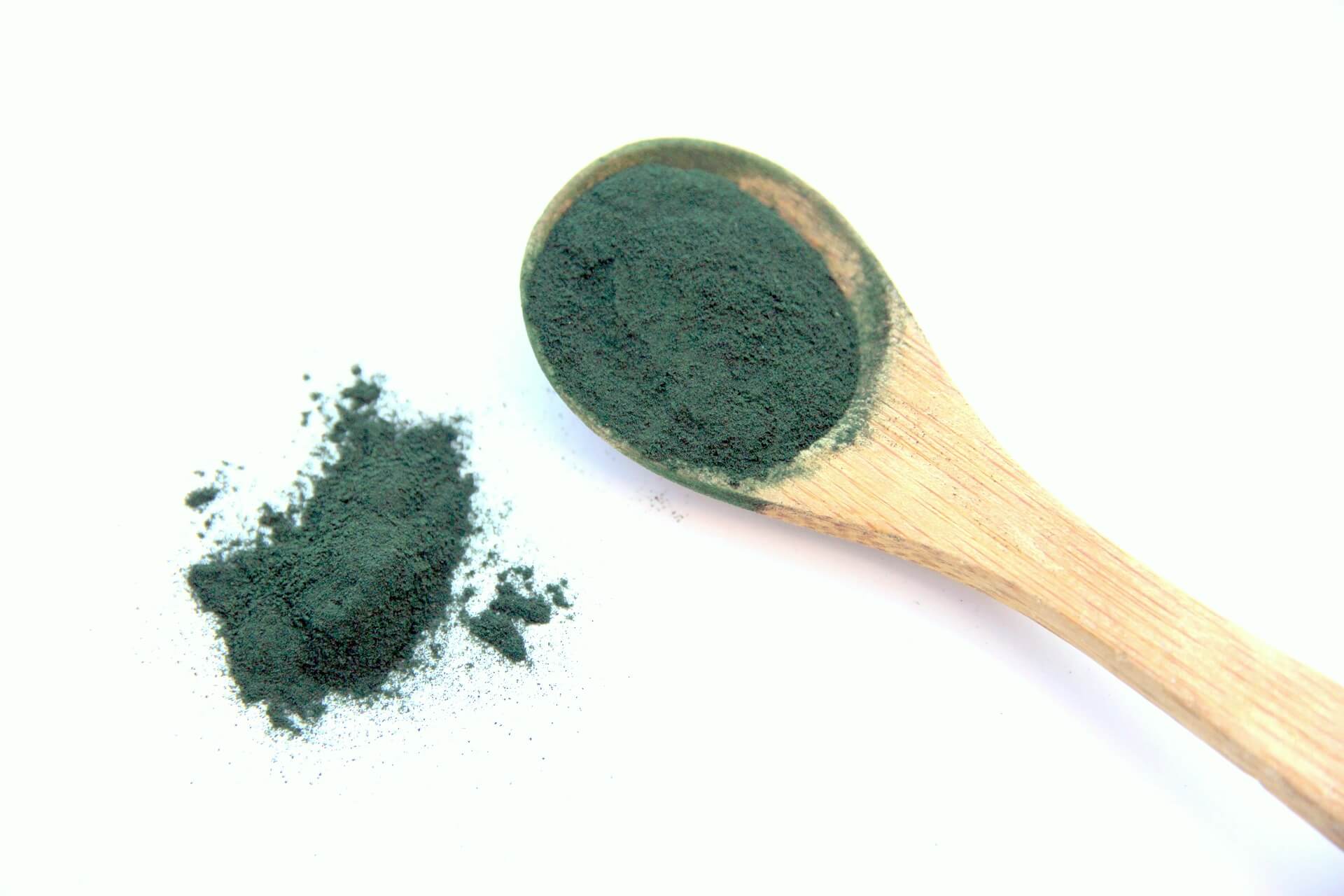
Learn about these 5 benefits of Spirulina and how it impacts your gut health
Algae
It is a cyanobacteria (blue-green algae) that can produce energy from sunlight, just like plants do. These algae were consumed by the Aztecs but gained popularity when NASA proposed to grow it in space and be consumed by astronauts. It has been referred to as one of the most nutritious foods on the planet.
Benefits

Spirulina can be found on iHerb. I am proud to say that we are partner of iHerb. This mean will gain a small percentage if you decide to purchase a product from their shop via this link.
What came first? The chicken or the egg? In our case the EGG. I have personally been a big fan of iHerb, even before I started blogging. They deliver high quality products for a good price. I like to uphold these quality standards for this blog as well and will never recommend irrelevant or unethical products.

Antioxidant
Antioxidants fight free radicals that can damage cell molecules and contribute to ageing and cancer. Antioxidants also feed beneficial gut bacteria.
Anti-inflammatory
Chronic inflammation has been associated with several conditions, such as heart disease, type 2 diabetes, rheumatoid arthritis, asthma, inflammatory bowel disease and cancer.
Muscle recovery
Exercise induces muscular injury leading to inflammation and oxidative stress, which can create changes in gene expression.
Prebiotic
Prebiotics are non-digested food components that can stimulate of growth of good bacteria in the gastrointestinal tract improving, therefore, overall gut health.
Lowers LDL
LDL (low-density lipoprotein) cholesterol or also called “bad” cholesterol has been associated with increased risk of cardiovascular disease.
High in protein and vitamins: 1 tbsp (7 gr) of spirulina provides 4 gr of complete protein, vitamins B1, B2, B3, copper, iron, magnesium, potassium and manganese.
Reduces inflammation: components found in spirulina (phycocyanin, phycocyanobilin and β-carotene) modulate the immune system towards a more anti-inflammatory state.1
Anti-cancer: in vitro, animal and human studies have linked spirulina with tumour regression.2, 3
Prebiotic and antibacterial: spirulina acts as a prebiotic for Lactobacillus acidophilus, while it has also been linked to a reduction of some gram-negative pathogenic bacteria.4
Reduces heavy metal-induced toxicity:5 one study demonstrated the effectiveness of spirulina and zinc in the treatment of chronic arsenic poisoning.6
Recommended dosage: 1 tbsp (7 grams) daily, but doses of up to 10 grams per day have been used safely in humans.7
Where to include: add spirulina powder into your smoothies or chia & oat pudding.
If you are not used to the taste of spirulina, you can also get spirulina in capsules.